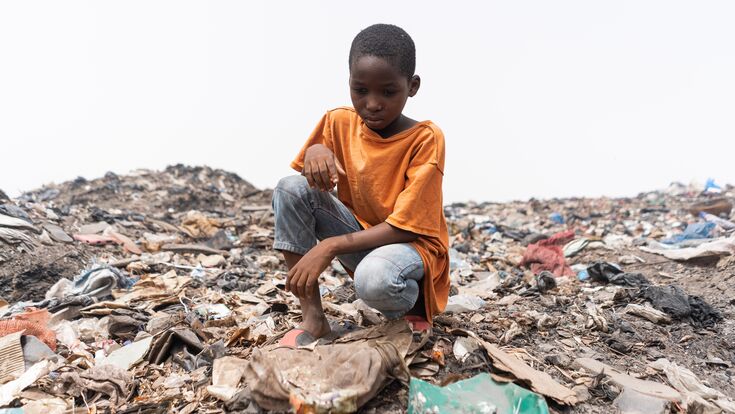New Book : The Waste Crisis: Roadmap for Sustainable Waste Management in Developing Countries

In The Waste Crisis: Roadmap for Sustainable Waste Management in Developing Countries, an accomplished team of sustainability researchers deliver a concise insight into modern waste management practices that acts as a handbook for waste management professionals.
The lead author Sahadat Hossain talks about the new release.
Who contributed to this book?
The authors and ISWA-SWIS Winter School participants from more than 10 countries contributed to this book. However, SWIS members helped during the review and editing process of the book.
How long did you work on it?
I started working on the book – on the idea and at a conceptual level – in 2016. I actively worked on completing the book for more than two years.
What are the key findings?
- ONE SOLUTION DOESN’T FIT ALL. What works in a developed country may or may not work in developing countries. The solution of a sustainable waste management system for a specific city, country, town or village depends on their site-specific waste characteristics.
- The case studies presented in the book truly reflect common struggles and the lack of proper waste management in many developing countries, resulting in the waste crisis, especially in cities with exponential population growth. In this book, our findings show that the waste crisis can be addressed and managed by transitioning from dumpsites to sustainable SMART facilities through proper planning and training, addressing social aspects and social awareness among both the general public and local governing authorities.
To order the book go here.
ISWA members can receive a discount code by emailing wiley@iswa.org.

